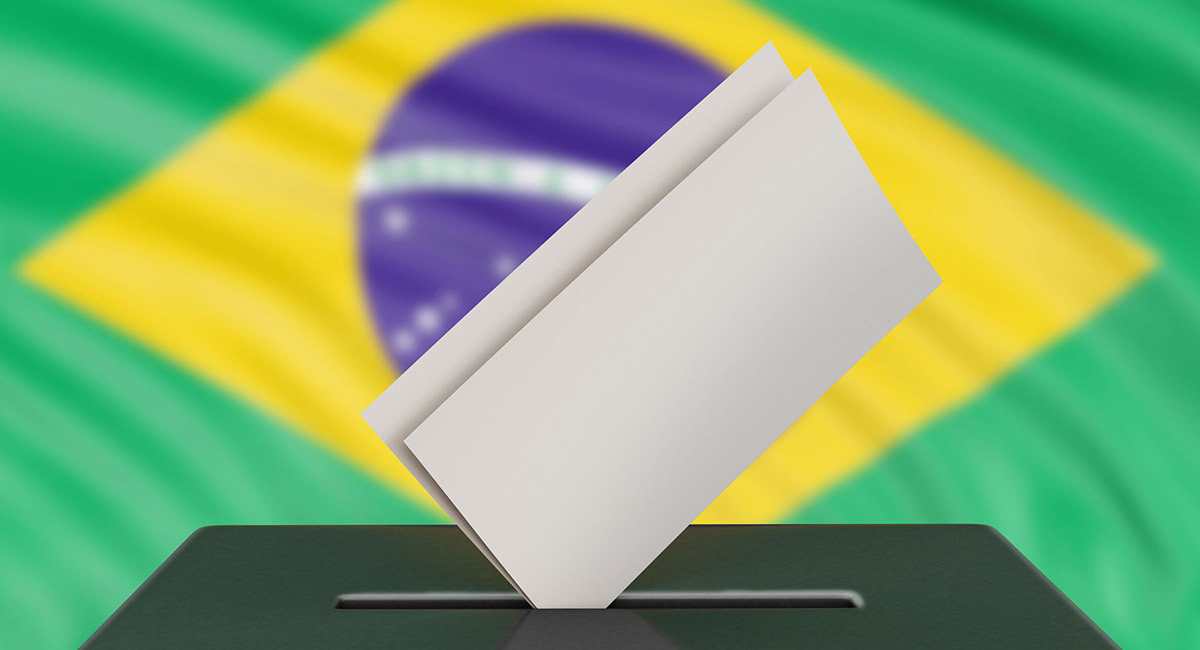Brazil’s October 30 runoff between President Jair Bolsonaro and former president Lula da Silva will be momentous. Facing each other in the world’s fifth-largest country are a controversial leader of the populist Right, hellbent on rescuing God, family, and country from wokeism, corruption, and leftist anticapitalism, and a former trade-union leader who champions every socialist cause, redistributed lots of money when his administration struck gold with the commodities boom of the 2000s, and went to jail for taking bribes and laundering money before his sentences were annulled on procedural grounds.
The result of the election’s first round took everyone by surprise: Bolsonaro obtained more than 43 percent, about ten points higher than leading polls had predicted, and his party became the largest in Congress. The next Congress will be controlled by a pro-Bolsonaro right-wing bloc allied with the non-ideological “Centrāo” parties.
Lula, who expected an outright victory but still won an impressive 48 percent owing to his popularity among the poor in the northeast, is the slight favorite in the runoff. That is no small achievement for a man who has epitomized corruption since the investigation known as Operation Car Wash unearthed an empire of graft, including billions of dollars in kickbacks and money laundering, involving the development bank, the state-owned oil company, construction entities, and the political class, preeminently his Workers Party.













